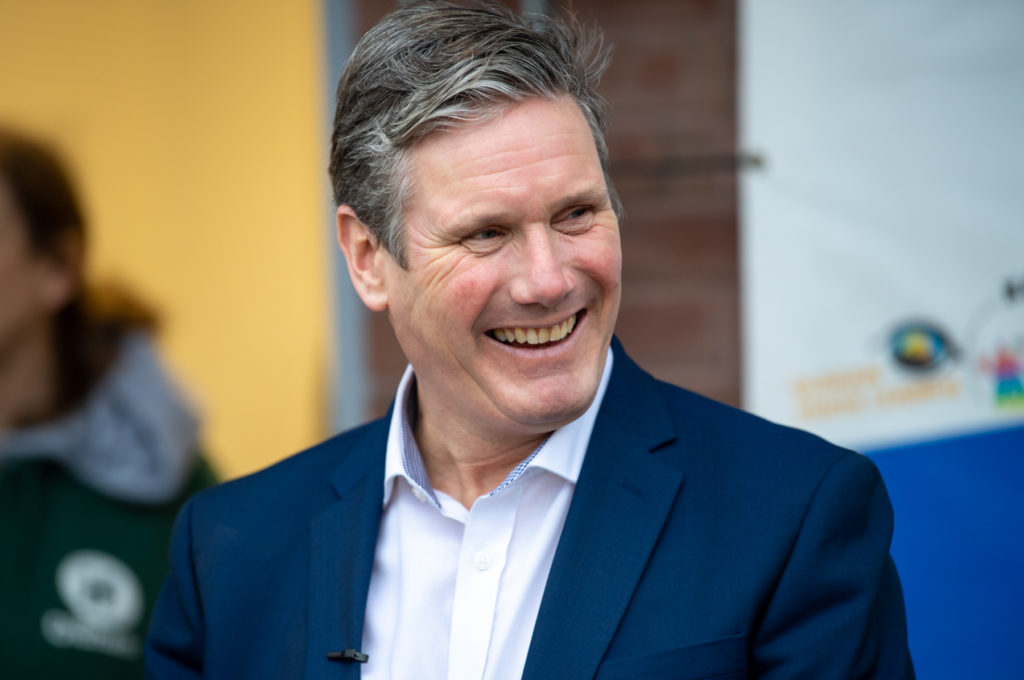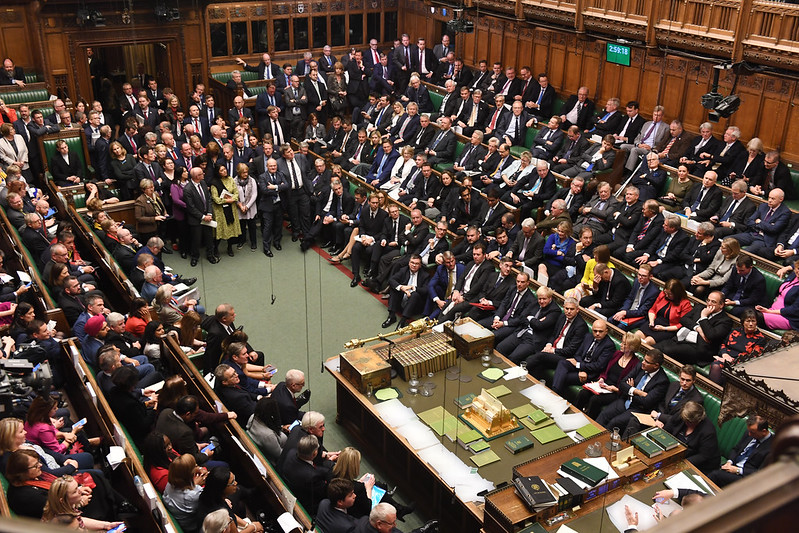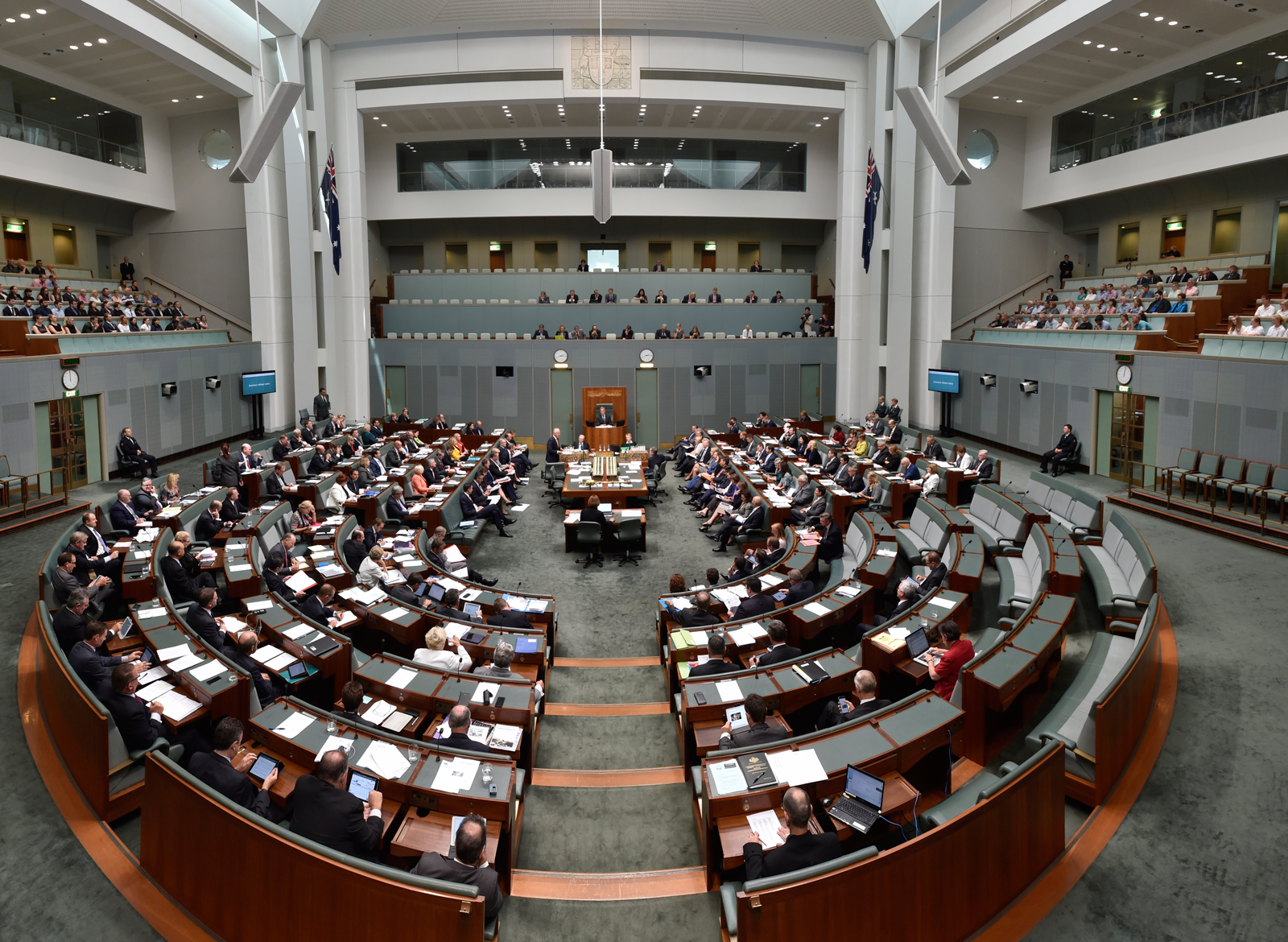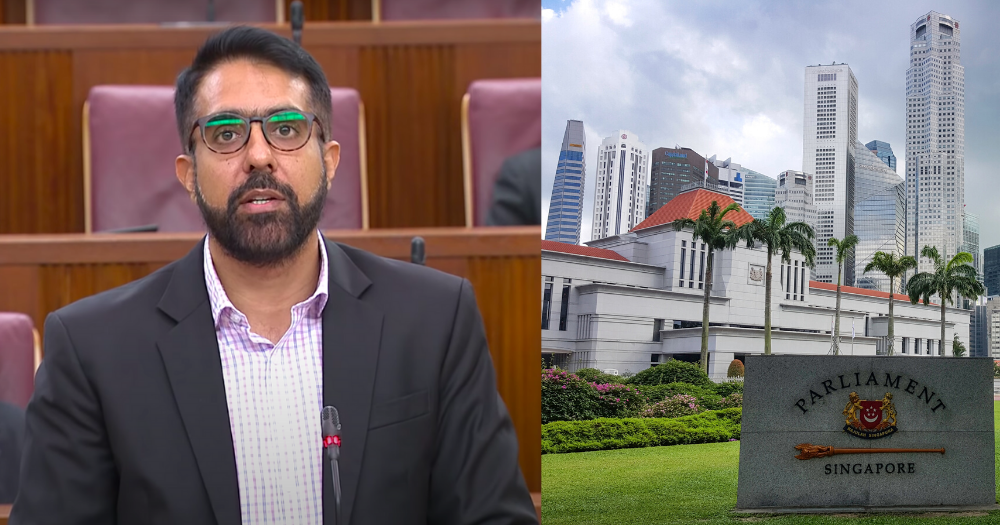In a press conference in the early hours of Jul. 11, after the conclusion of GE2020, Prime Minister Lee Hsien Loong formally designated Pritam Singh, the Secretary-General of the Workers' Party (WP), as the official Leader of the Opposition.
This announcement came after the WP won 10 seats in Parliament, which PM Lee said was a "strong performance".
This was an unprecedented move in Singapore's history, as the Leader of the Opposition, or the politician who leads the largest opposition political party, has never before been officially recognised.
This decision was, in the words of Emeritus Senior Minister (ESM) Goh Chok Tong, a "very significant move".
Goh urged opposition MPs to now put forward their alternative policies and solutions so that Singaporeans would know the choices available besides the government’s.
Singh, who became the unofficial Leader of the Opposition in 2018, when former WP chief Low Thia Khiang passed on the role of Secretary-General to him, also took to Facebook on Jul. 11 to share his thoughts on being named the official Leader:
"I look forward to serving as the leader of the opposition and will carry out my duties to the best of my abilities.
I will endeavour to ensure that The Workers' Party under my leadership will remain loyal to Singapore and all Singaporeans."
So now, what does that actually mean to be designated the official Leader of the Opposition?
Will receive necessary support and resources
While there is still much unknown about the additional privileges or responsibilities Singh may be allotted in his new role, one thing that has been confirmed by PM Lee is the allocation of "appropriate support and resources" to him, in order for him to carry out his duties.
In his speech on Jul. 11, PM Lee said that he had personally called Singh to congratulate him and the WP for their strong performance:
"I told Mr Singh that with 10 MPs, I think it is right that he, the Workers' Party leader, be formally designated as the Leader of the Opposition, and that he will be provided with appropriate staff support and resources to perform his duties."
This support and resources would likely come in the form of additional funding and/or some privileges in the parliament.
But other than this, not much has been said by PM Lee or anyone else, for that matter, to confirm what Singh's new role will look like and entail.
Opposition Leader roles in UK and Australia: Shadow Cabinets and extra pay
Singapore's government is modelled after the UK's Westminster's system of government.
Therefore, looking at other countries' Westminster systems could perhaps give us a clue about what to expect for Singh's new position.
United Kingdom
In the UK, the leader of the largest opposition party in the House of Commons is the Leader of Her Majesty's Most Loyal Opposition, also known as the Leader of the Opposition. Currently, the Leader of the Opposition is Keir Starmer of the Labour Party.
 Keir Starmer. Photo via UK Labour Party website.
Keir Starmer. Photo via UK Labour Party website.
The role of the Leader of the Opposition, as it functions today, came into being in the UK in 1911, with the passing of the Parliament Act 1911.
On top of the parliamentary salaries that Members of Parliament receive, which is, as of Apr. 2020, £79,468 (S$139,129), the role commands an additional salary.
According to the House of Commons Library Briefing Paper, the Leader of the Opposition had an additional salary entitlement of up to £65,171 (S$114,084) annually, for the year starting in Apr. 2019.
In comparison, the UK's Prime Minister has an entitlement of up to £79,286 (S$138,793) per year, while Cabinet Ministers can receive up to an additional £71,090 (S$124,446).
Under the Short Money scheme, the Leader of the Opposition's office receives funding for the costs of running the office. For the financial year starting on Apr. 1, 2019, the amount available for the running costs of the office was £840,712.01 (S$1,468,944.43).
The Leader of the Opposition also picks a "Shadow Cabinet" from the main opposition party to mirror the government by following the work of government departments and developing policies in their specific areas.
Each member of the Shadow Cabinet is also able to question and challenge their counterpart in the Cabinet.
 Photo via ©UK Parliament/Jessica Taylor/ Stephen Pike
Photo via ©UK Parliament/Jessica Taylor/ Stephen Pike
According to the Parliament website, "in this way the Official Opposition seeks to present itself as an alternative government-in-waiting."
Australia
In Australia, the Opposition is the party or group which has the greatest number of non-government Members in the House of Representatives.
The Opposition is officially recognised as the "alternative Government" with the specific function of opposing the Government of the day.
This means that if the existing Government were to lose the confidence of the House or the people, the opposition would form the Government, with the Leader of the Opposition as Prime Minister.
The current Leader of the Opposition in Australia is Anthony Albanese, the leader of the Australian Labor Party.
 Photo via Parliament of Australia website.
Photo via Parliament of Australia website.
According to the Australian Parliament website:
"The Opposition is an important component in the structure of the House and is considered to be essential for the proper working of democratic government and the parliamentary process in the Westminster system."
Prior to 1920, the role of Leader of the Opposition was not officially recognised even though it had been firmly established. In 1920, the office was statutorily recognised with the passing of the Parliamentary Allowances Act 1920, which granted the Leader an additional allowance on top of the salary of an MP.
Australian MPs earn a base salary of A$211,250 (S$205,546), according to the Australian Department of Finance.
The Leader of the Opposition earns an additional salary of 85 per cent of their base salary. Comparatively, the Prime Minister and Deputy Prime Minister earn an additional salary of 160 per cent and 105 per cent, respectively, of their base salary.
The additional salaries of other Ministers in Cabinet and the Speaker, on the other hand, are 72.5 per cent of their base salaries, which are lower than that of the the Leader of the Opposition.
Just as in the UK, the Leader of the Opposition in Australia also chooses a Shadow Cabinet, consisting of shadow ministers that cover the responsibilities of one or more Ministers or areas of administration.
The shadow ministers act as the opposition spokespersons in respect of their designated areas.
Within the House of Representatives, the Leader of the Opposition sits directly opposite the Prime Minister, at the central table in front of the opposition.
 Photo via Parliament of Australia website.
Photo via Parliament of Australia website.
The Leader leads the opposition's debates on bills, directs questions to the ruling party during question time and criticises government policies that the opposition disagrees with.
If the Prime Minister makes a speech to the House, the Leader of the Opposition is usually given equal time to speak on the issue.
Where does that leave us now?
Much remains up in the air until PM Lee announces what is to come next for Singh's role as Leader of the Opposition.
Singh, who has been the unofficial Leader of the Opposition, is already seated on the opposite end of the front bench facing PM Lee and the cabinet ministers.
Looking at other countries' Leaders of the Opposition gives us a slight idea of the job scope and the privileges that might come along with it.
Keep in mind, however, that Singapore may choose not to follow the roles and responsibilities of Leaders of the Opposition in other countries.
In all likelihood, we may very well adapt parts of their roles for our use.
This is because many Leaders of the Opposition in these commonwealth countries are Prime Ministers-in-waiting — their parties have the numerical possibility to form the next government.
So, until more information is released about what exactly Singh's new role might entail, these questions are still up in the air for both the government and Singh:
- Will he be given an additional salary, to a similar degree as those of Cabinet Ministers, on top of his MP salary?
- Will he accept the additional salary or will he give it to his party?
- Does he want to pick a shadow Cabinet that follows the work of government agencies, and what will the scope of each of their roles look like?
- Will he be given priority or additional time for speaking in Parliament?
- How will he be treated in the Singapore Order of Precedence? Will he be ranked higher or lower than political office-holders?
Read more about the past (unofficial) Leaders of the Opposition:
Mothership Explains is a series where we dig deep into the important, interesting, and confusing going-ons in our world and try to, well, explain them.
This series aims to provide in-depth, easy-to-understand explanations to keep our readers up to date on not just what is going on in the world, but also the "why's".
Top photos via YouTube / govsingapore and by Steven Lasry on Unsplash.
If you like what you read, follow us on Facebook, Instagram, Twitter and Telegram to get the latest updates.
